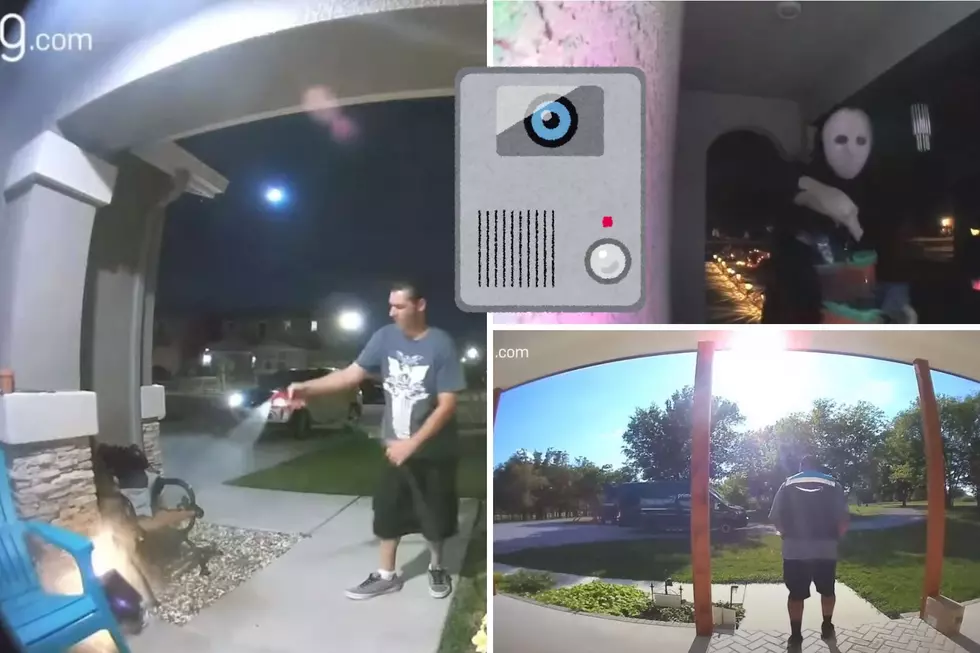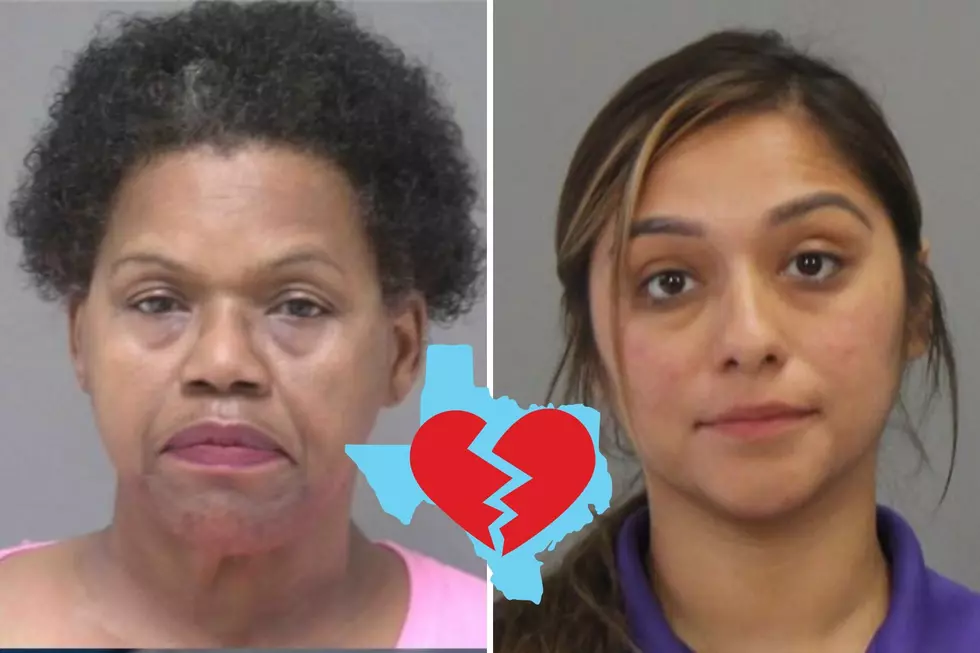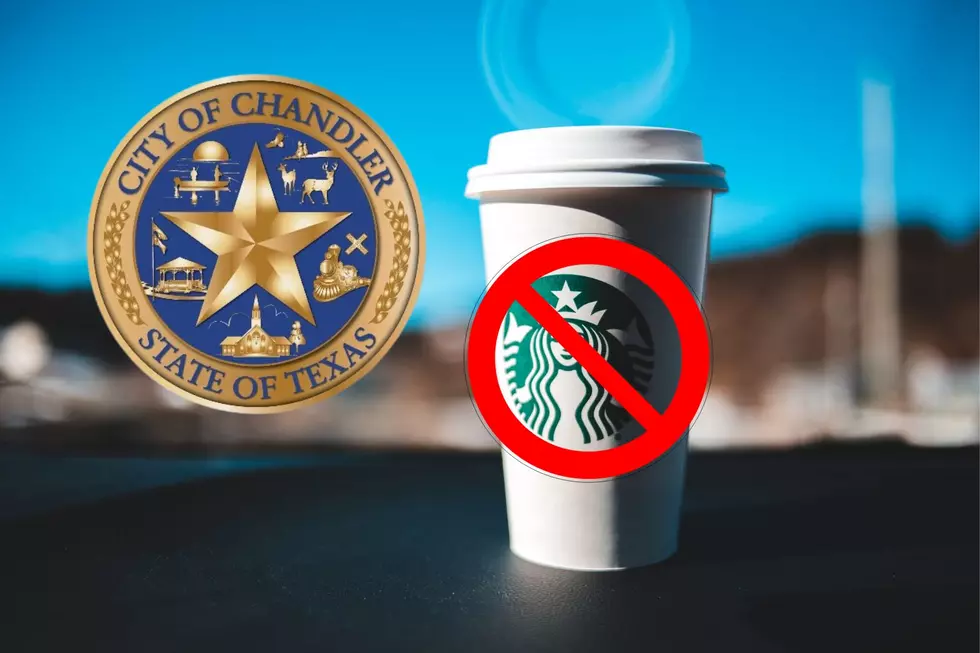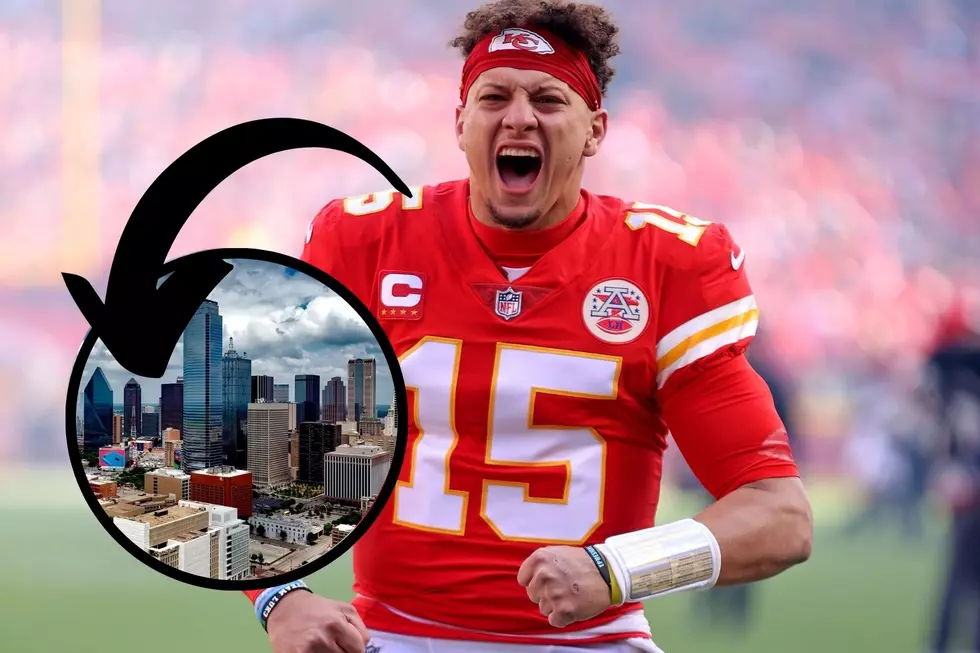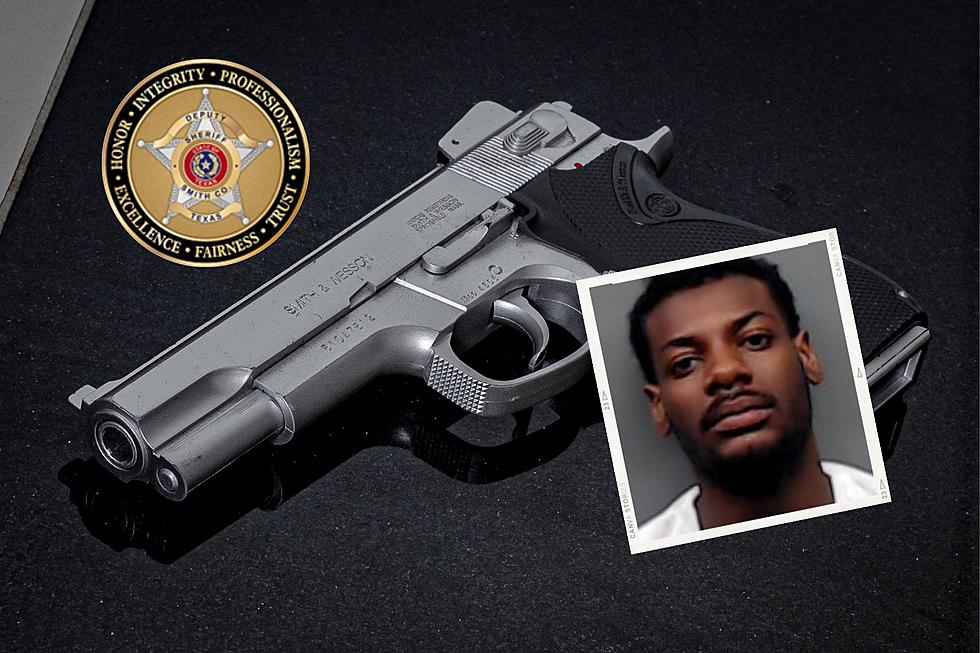
Navigating Dallas In A World of Social Media Warriors
“Years of love have been forgot in the hatred of a minute.” - Edgar Allan Poe
All blacks aren’t criminals. All Muslims aren’t terrorists. All white cops aren’t racist killers.
Following the events in Dallas last night, and the alarming series of shootings that preceded the massacre, it is helpful to take a breath and remind ourselves of these simple truths.
Inevitably, however, we are left with unnerving questions following such a tragedy. How did we get here? Why did this happen? How, as a nation, can we go forward and assure that something like this never happens again? Have we become so divided in America that we are now hopeless to fight amongst ourselves?
This morning, many of us woke to newsfeeds filled with racist rants and, frankly, unintelligible arguments about gun control from all sides. This has become far too common of an occurrence – both the reaction and the senseless killing that sparks it.
Far too often, pronouncements like these are rooted in ignorance and are written by those with zero desire to hear opposing views. In truth, there appears to be such a strong-willed abhorrence of facts that go against our personal narrative that some of us find ourselves spinning in an unending circle of hatred and vitriol, angrily clutching our ears and refusing to listen to anything that might challenge our perspective. But is it really our perspective?
I would challenge you to ask yourself how much of your opinion really belongs to you? How many of your usual talking points are truly your firmly held beliefs and not simply sound-bytes that you have been conditioned to accept from organizations that you have been told to follow?
Are you merely quoting Fox News? The NRA? Bernie Sanders? MSNBC?
Or have you actually, with an open mind, researched your viewpoints to form your own narrative?
Take, for example, this headline from one of the New York Dailies:
Should you blindly accept this print-clickbait, you would be forlorn to know that the United States is now engaged in an unstoppable war of race, class and religion.
But not only is this headline irresponsible journalism, it is also wrong.
What occurred last night was the culmination of a decades-long war of attrition in the United States, pitting civil servants against citizens. And to truly understand how this happened, we must look at facts and not opinions. We must set aside our talking points and take a hard, judgmental look at this problem. And it will be uncomfortable for us to do so because it is now so engrained in our nature to read only headlines and nothing more.
In 1971, Richard Nixon began what has come to be known as “the war on drugs” in the United States. Prior to our nationwide desire to rid our streets of mind-altering substances, the police served one primary purpose: to protect and serve.
Essentially, the career of a police officer would focus almost solely on welfare checks, tending to traffic accidents and taking statements regarding stolen property. You can easily check the service logs of most police departments in the United States and find this to be true.
The role of police, especially in large metropolitan areas, changed dramatically in the 1970s. From the days of alcohol prohibition until the war on drugs, most who chose a career in law enforcement held a peace-keeping role in their respective communities. But now, the performance (and thereby success) of a police department would be measured on the amount of drug-busts that could be carried out in their neighborhoods.
The funding of a police department by the Federal and State government would be directly correlated to the amount of drug users and dealers that were locked up as a result of their efforts.
And every police department wants more funding. After all, why wouldn't they? More funding provides more personnel, better equipment and, theoretically, a generally safer community overall.
As American police departments grew ever-better at enforcing drug laws, drug cartels followed suit and ramped up their onslaught. They brought heavier artillery to the battle and became even more crafty and creative in their efforts to profit from the rampant drug addiction problem in the United States.
The cartels began ambushing law enforcement with bigger guns. The surplus of weaponry from the wars in Iraq and Afghanistan provided even small town America with military-grade gear to fight the problem. But the upgrades were not only for SWAT and border patrol units. Common patrol officers were also provided with the new spoils. The line between special weapons divisions of law enforcement and patrol units began to blur.
Now openly matched even on the street-level, the cartels stepped up their efforts to move and hide drugs. Departments fought back by using new tactics like no-knock raids. Soon, rather than being the culmination of a months-long investigation into a drug trafficking operation, the no-knock raid became the default.
And, of course it would be. Should you send two officers to bust a crack house, only to have them leave in body bags, you will always regret not sending SWAT.
Often, however, the police departments are wrong.
This results in innocent people being suddenly attacked by military-level storm troopers. It, far too frequently, results in the death of by-standing civilians caught up in the war on drugs.
A situation such as this is ripe for anger and strife. It effects everyone, but all statistics point to it impacting the black population in larger metropolitan areas than anyone else.
Now, there is contempt for the police. If you have spent your entire life in a neighborhood where police are seen less as peace-keeping officers and more as an occupying military presence, you will, inevitably foster disdain for anyone with a badge.
Couple this with the fear of domestic terrorism in the United States. The demand for more law enforcement officers grows and the departments begin to lower their standards for entry. No longer is a bachelor's degree in criminal justice required to enter the academy and even minor infractions of the law will be overlooked to get officers on the street.
Add now the media to the mix. Profiteers from all angles begin to emerge because fear and violence sell papers, drive ratings and encourage clicks. Everyone wants to corner the enemy and be the first to point an acerbic finger at the root of all of the evil in our world.
So, which is it?
If we have all drawn our forgone conclusions, what then, is the single issue that we, as a nation must tackle?
Is it drugs? Guns? Race? Religion? The police? The media? Some foreign entity that we have yet to name?
You needn't answer because you do not have an answer. It doesn't matter how firmly you believe that you do. If you're pointing to a singular conclusion, you're wrong. You will only betray your ignorance by shouting it from your social media account.
Our problem is bigger than you or I and it's bigger than the latest tragedy in Dallas.
We might begin by decriminalizing drugs, demilitarizing our police force and drastically reducing the use of SWAT no-knock raids.
Next, we might take seriously the mental health crisis in America. Perhaps, we should get to the root of why so many of us are compelled to escape the perils of day to day life and seek solace in a bottle, a pill or any substance that might allow us to forget that the world itself is a war-zone.
What switch tripped inside the heads of those so many officers that killed innocent civilians? Why do we have so many domestic terrorists and why are they seemingly everywhere?
Why does the media revel in our tragedy and why do we keep feeding it? Why do we become so angry when they glorify the violence but grow even more furious when it's neglected?
Until we can answer these questions, our best hope is to cease drawing divisions and begin to make strides toward understanding and, most of all, listening.
We are all in this together. And pointing fingers is a child's game.
More From KKTX FM
